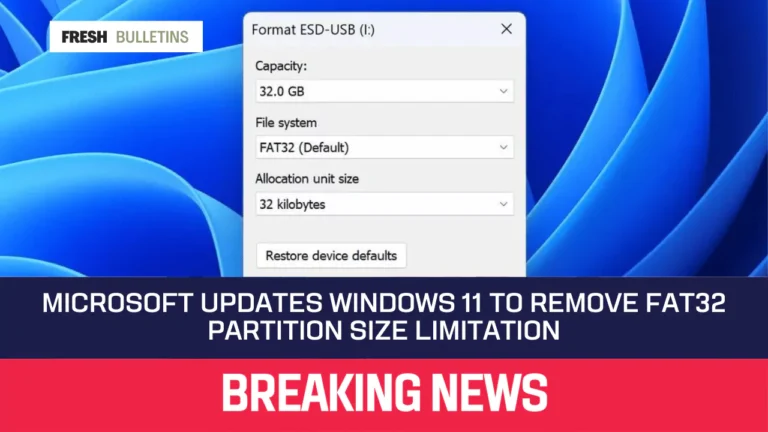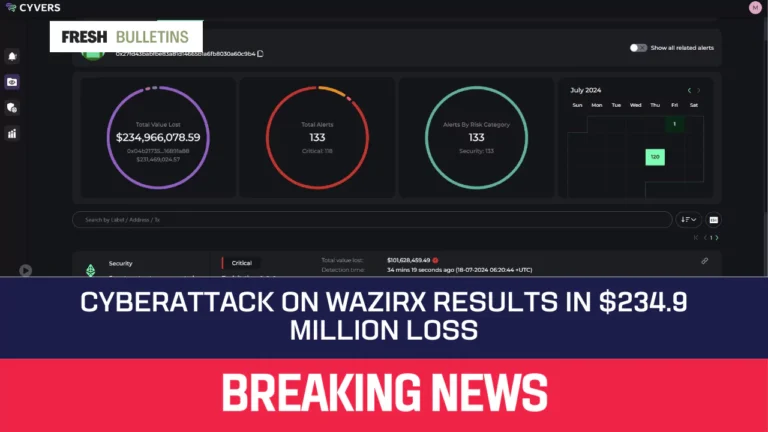Windows 12 Release Date and Features: Everything We Know So Far
Windows 12 is set to launch between July and October 2025. This new version aims to enhance the user experience with advanced features focused on artificial intelligence, a redesigned interface, and improved file management. Microsoft plans to build on the groundwork laid by Windows 11, bringing fresh innovations while improving performance and security.
In this article, we will explore the expected release date, key features, system requirements, and more about what Windows 12 has to offer.
Expected Release Date
Microsoft has not confirmed the exact release date for Windows 12. However, most experts believe it will be available from July to October 2025. Previous versions of Windows were often released in the fall, making this timeline plausible. This launch follows Windows 11’s updates, particularly the 24H2 version arriving before the new OS.
New Features
AI Integration
One of the biggest changes in Windows 12 will be its focus on artificial intelligence (AI). Microsoft has been keen to introduce AI into its operating systems. For example, Windows 11 featured Microsoft Copilot. Windows 12 will likely expand on this by making AI a central part of the user experience. Users can expect smarter search features, better recommendations, and more personalized assistance.
Redesigned User Interface
Windows 12 might feature a brand-new look compared to Windows 11. While specific details are limited, reports suggest that Microsoft plans to make the user interface simpler and more intuitive. A prototype shown at an event included floating toolbars and mobile-like system elements. This could lead to easier navigation and a fresher appearance.
Enhanced File Management
Improvements in file management are expected with Windows 12. The File Explorer may offer enhanced capabilities. Users could see a more refined “Recommended” section, suggesting files based on their habits. Better file organization helps users find what they need quickly.
Taskbar Improvements
The taskbar might change too. Users may find new features aimed at making it easier to access apps and settings. AI might help users manage tasks and switch between apps more efficiently. This could save time and reduce frustration.
Hardware Requirements
With new features comes the need for better hardware. Windows 12 will likely demand more from computers. It might require a 64-bit processor, 4 to 8 GB of RAM, and at least 16 GB of storage. A solid-state drive (SSD) will probably be recommended for optimal performance. Graphics cards compatible with DirectX 12 or later will be essential. These increased demands aim to support new features and ensure a smooth user experience.
System Similarities to Windows 11
Despite the new features, Windows 12 is expected to share some system requirements with Windows 11. Both systems will need UEFI firmware and TPM version 2.0 for security purposes. Users upgrading from Windows 11 will likely find the transition easier due to these similarities.
Possible Return of Ads
One concern is the potential return of ads in the Start menu. Microsoft introduced ads in Windows 11 but removed them after user backlash. There may be attempts to reintroduce this feature in Windows 12. The ads in question aim to promote apps available in the Microsoft Store. Users can expect to hear more about this before the official release.
Various Editions
Windows 12 will likely come in different versions. Similar to past releases, editions such as Home and Pro will cater to various users. These versions may offer different features and levels of support. Businesses might prefer the Pro edition for its added features and security.
Upgrade Options and Pricing
When it comes to upgrades, Windows 12 may mirror the approach of Windows 11. Current Windows 11 users might receive Windows 12 as a free update, while those on Windows 10 may need to pay a fee. Pricing for new copies is likely to stay consistent with past releases, with Windows 12 Home potentially costing more than $139, and Pro versions possibly priced at $199.99 or higher.
The Bottom Line
Windows 12 aims to bring several exciting features and improvements. With an emphasis on AI, a redesigned interface, and enhanced file management, Microsoft continues to evolve its operating system. Hardware requirements will be more demanding, reflecting the need for better performance. Users should keep an eye out for updates on prices and availability as the release date approaches. The future of Windows looks promising with these planned innovations.







